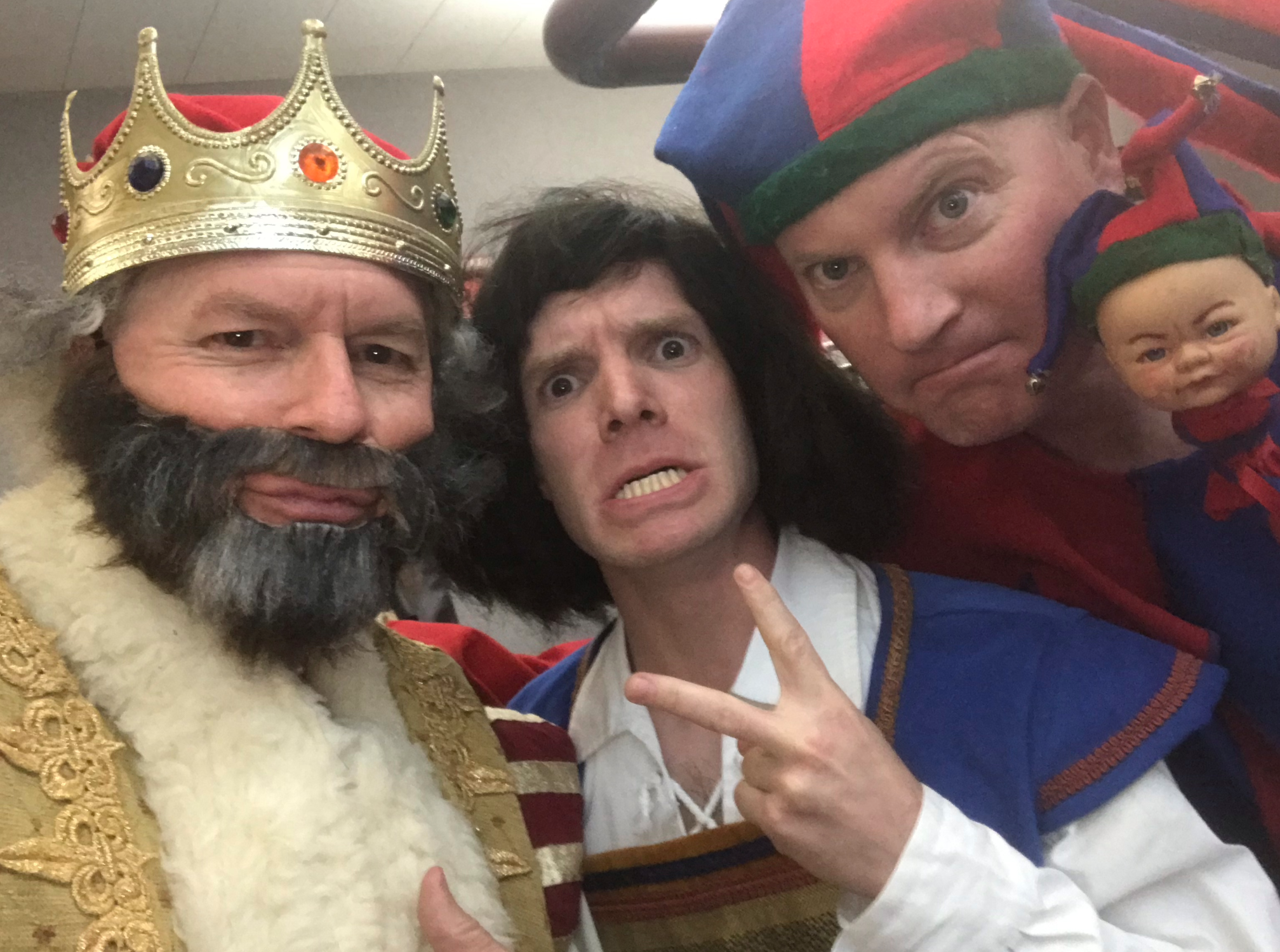Saluting The Understudies
“Stand-ins of the world, stand up!” (Tom Stoppard, The Real Inspector Hound) 2022 will be remembered as the Year of the Understudy – not only did the Patron Saint of the Understudy King Charles III finally step into the leading role after waiting in the wings for 74 years, but audiences began to fully appreciate how understudies keep theatre going during a global pandemic. Understudies come in a variety of flavors, from covers to swings to alternates, and actors Loren Jones and Cindy Gold talk about which flavor they are in the Goodman Theatre’s 2022 production of A Christmas Carol. The conversation features lessons learned from the pandemic; how understudying can actually be a good paid gig; the difficulty of learning the lines without learning the moves; fast-tracking the understudies during rehearsal; the challenge of not just learning the role but the entire show; how old ways of doing things are changing; the identity of Scrooge’s overstudy; and tales of understudying both glorious and horrendous. (Length 19:43)
Podcast: Download (Duration: 19:43 — 22.7MB)

